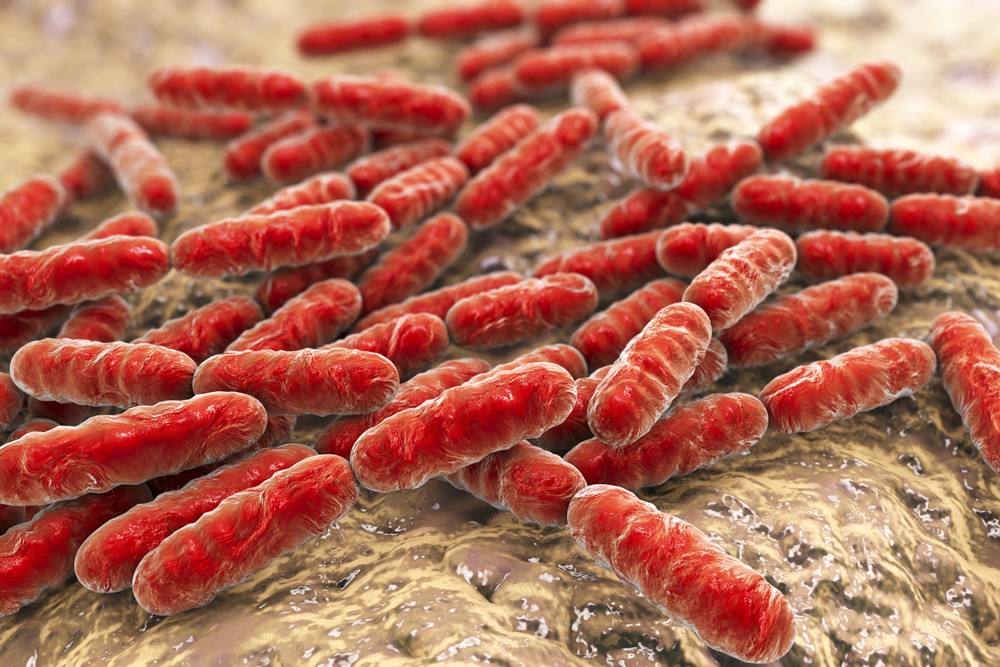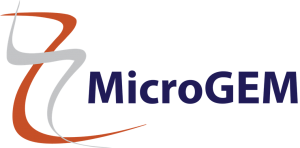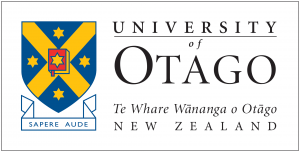Rapid single-tube preparation of DNA from bacteria for NGS workflows

Whole genome sequencing of microbes is a powerful tool for genomic studies, comparison, mapping studies, microbial identification, and building reference genomes. High-resolution sequencing data is vital for:
- Microbial systematics, building reference genomes, and mapping novel genomes.
- Understanding the temporal and spatial dynamics of epidemics, pathogenesis, co-evolution of host and pathogens.
- Horizontal gene transfer and antibiotic resistance transmission in a population.
- Mutational studies using directed evolution of recombinants.
- Understanding physiology and metabolic pathways of organisms.
The rate-limiting step in sequencing studies is the nucleic acid extraction process. Currently available methods of DNA extraction from bacteria are long and laborious and are susceptible to cross-contamination. In this webinar, the speakers will discuss a novel method to extract DNA from bacterial cultures. The PDQeX system, developed by MicroGEM, harnesses activities from a range of enzymes isolated from extremophiles coupled with thermoresponsive plastics to extract DNA from samples without the use of centrifugation or harsh solvents. The protocol takes a fraction of the time of existing methods without the risk of cross-contamination. The prepared DNA can be used directly in whole genome sequencing workflows without any further purification.
Jo Stanton and David Saul will discuss their recent study showing the sequence quality obtained from DNA extracted using the rapid PDQeX protocol and how it compares to other existing methodologies. The advantages of this enzyme-driven chemistry and what makes it desirable for sequencing studies will be discussed. The speakers will share insights into future work on emerging sequencing technologies, particularly long-read sequencing.
 Jo Stanton PhD
Jo Stanton PhD
Senior Research Fellow, Department of Anatomy
University of Otago (New Zealand)
Jo uses nucleic acid-based technologies to explore a range of scientific interests related to infectious disease, reproduction, the microbiome, anthropology and forensics. She leads a team of cross-disciplinary scientists from both academia and industry to develop rapid, accurate and cost-effective handheld molecular diagnostic devices and systems for in-field and point-of-care applications.
Jo is one of New Zealand’s experts in high-throughput sequencing technologies, having established the first fully-operational New Zealand HTS Services based around the 454 Roche GS FLX. This service expanded to include the SOLiD platform from Life Technologies (CA, USA). She currently works with MinION technology from Oxford Nanopore (UK) and MicroGEM’s (UK) PDQeX Nucleic Acid Extractor to adapt their use for point-of-care and in-field situations.
Jo received a BSc (Honors) from the Australian National University (ACT, Australia) and a PhD from the University of Western Australia (WA, Australia).
 David Saul PhD
David Saul PhD
Chief Scientific Officer (enzymes and reagents)
MicroGEM
David’s research expertise spans molecular genetics, microbiology, biotechnology, computational biology and forensic DNA analysis. His key research interest has been the development of biotechnical applications of microorganisms living in extreme environments. With a focus on DNA detection and identification, David has generated a substantial body of intellectual property around processes and devices for simple, low-cost and competitive diagnostics.
Prior to co-founding ZyGEM (now MicroGEM), David worked as a researcher and academic at the University of Auckland (New Zealand). He has worked in several fields relating to the molecular study of organisms and their genes. He graduated with a PhD in molecular genetics from The University of Sheffield (UK).
This webinar was recorded on 27th June 2019


